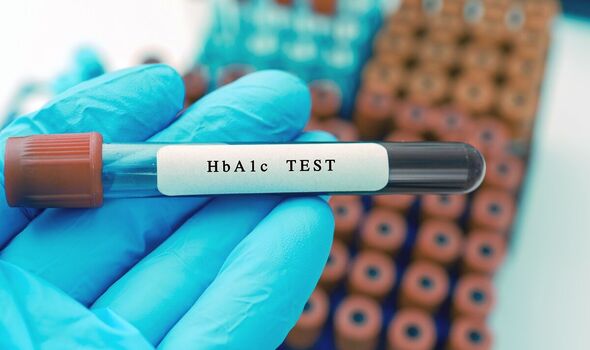New Study Reveals Elevated Hyperglycemia Rates in Breast Cancer Patients Receiving Alpelisib
In a recent investigation published in the esteemed CANCER journal by Wiley Online, researchers have unveiled an alarming increase in high blood sugar levels, known as hyperglycemia, among breast cancer people who are now receiving therapy with the drug alpelisib in oral form.
Understanding Alpelisib
Alpelisib is a medication that targets the phosphoinositide 3-kinase (PI3K) protein, a crucial component in cell growth. It’s possible that a mutant version of this protein could contribute to the development of cancer.
In 2019, the US Food and Drug Administration approved alpelisib for use in combination with fulvestrant, an estrogen receptor blocker, to treat specific cases of metastatic breast cancer characterized by mutations in the gene encoding a PI3K subunit.
Tip: Please fill out this form to determine whether or not you or a friend are eligible for a Continuous Glucose Monitors and, Also learn about CGMs
However, while targeting PI3K can combat cancer, it may also lead to hyperglycemia as a side effect. Severe hyperglycemia can result in complications like dehydration, kidney damage, and even necessitate hospitalization.
Get More Info About: Non-ICU glucose monitoring solutions
Research Findings
Dr. Sherry Shen, MD, along with her colleagues from Memorial Sloan Kettering Cancer Center, embarked on a mission to elucidate the incidence, risk factors, and treatment trends associated with alpelisib-induced hyperglycemia in metastatic breast cancer patients enrolled in clinical trials or receiving standard care.
Among 147 patients undergoing standard care treatment with alpelisib, a staggering 80.3% experienced hyperglycemia, with 40.2% facing severe cases. In contrast, among 100 patients participating in clinical trials, the rates were comparatively lower, at 34.0% for any grade of hyperglycemia and 13.0% for severe hyperglycemia.
Read Guide about Wegovy Dosage Guide: The Best Way For Weight Loss
The onset of hyperglycemia, following the initiation of alpelisib, had a median time frame of 16 days. Furthermore, patients with initially elevated hemoglobin A1c levels, indicating high blood sugar akin to prediabetes or diabetes, were found to be at a higher risk of developing hyperglycemia.
Interestingly, out of the patients who developed hyperglycemia, 66.4% received treatment, with the most common intervention being the diabetes drug metformin.
Also Read About DIY-CGM’s Promise
A Call for Preemptive Action
Dr. Sherry Shen emphasizes the importance of preemptive measures for patients eligible for alpelisib treatment due to a PI3KCA mutation. She suggests monitoring hemoglobin A1c levels and collaborating with the patient’s primary care physician and/or endocrinologist to optimize blood sugar levels well in advance, ideally months before initiating alpelisib. This precaution is vital, as hyperglycemia typically manifests within the first two weeks of alpelisib treatment, and proactive management of glycemic status may mitigate the risk of discontinuing a potentially effective cancer-fighting drug.
Looking Forward
Senior author Neil M. Iyengar, MD, highlights that optimizing blood sugar levels often involves dietary and exercise modifications, alongside potential medication interventions.
He adds that lifestyle changes aimed at improving metabolic risk factors could enhance alpelisib’s efficacy. Ongoing clinical trials are exploring whether interventions like the ketogenic diet and newer diabetes medications can improve the effectiveness of cancer therapies targeting the PI3K pathway.
In conclusion, the study’s findings underscore the need for vigilant monitoring and proactive management of hyperglycemia in breast cancer patients undergoing alpelisib treatment, with the ultimate goal of enhancing both their cancer treatment outcomes and overall well-being.


